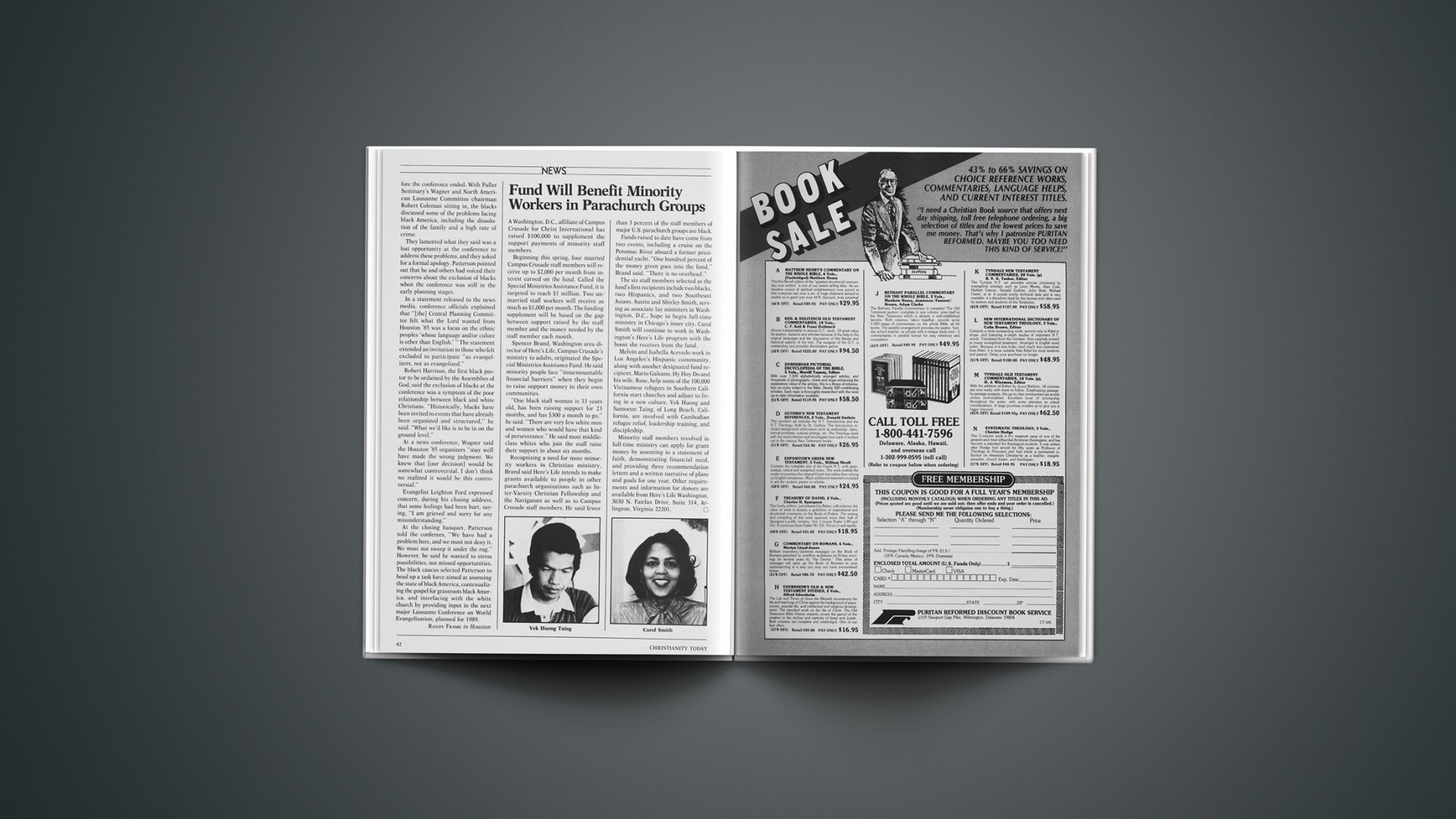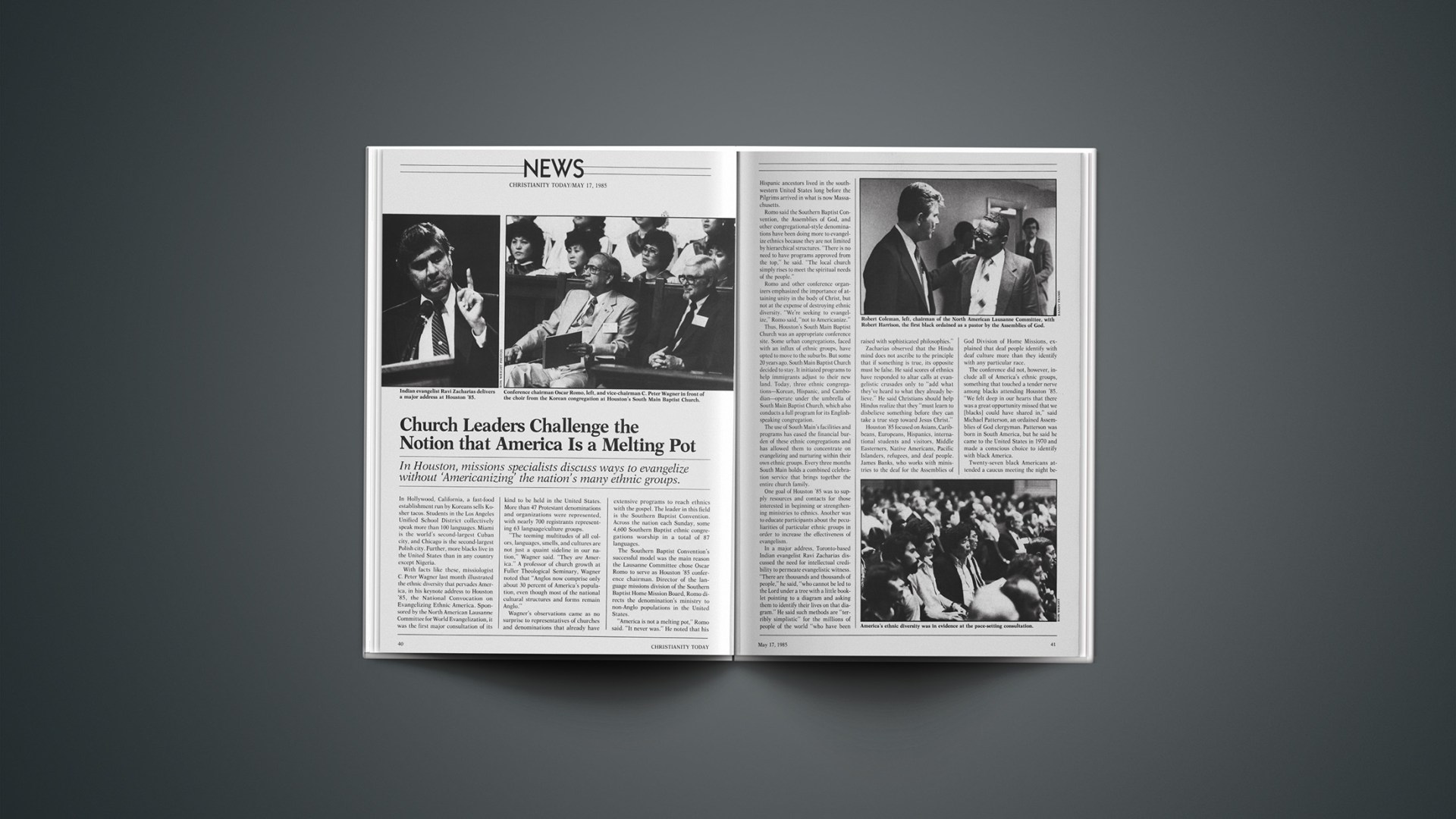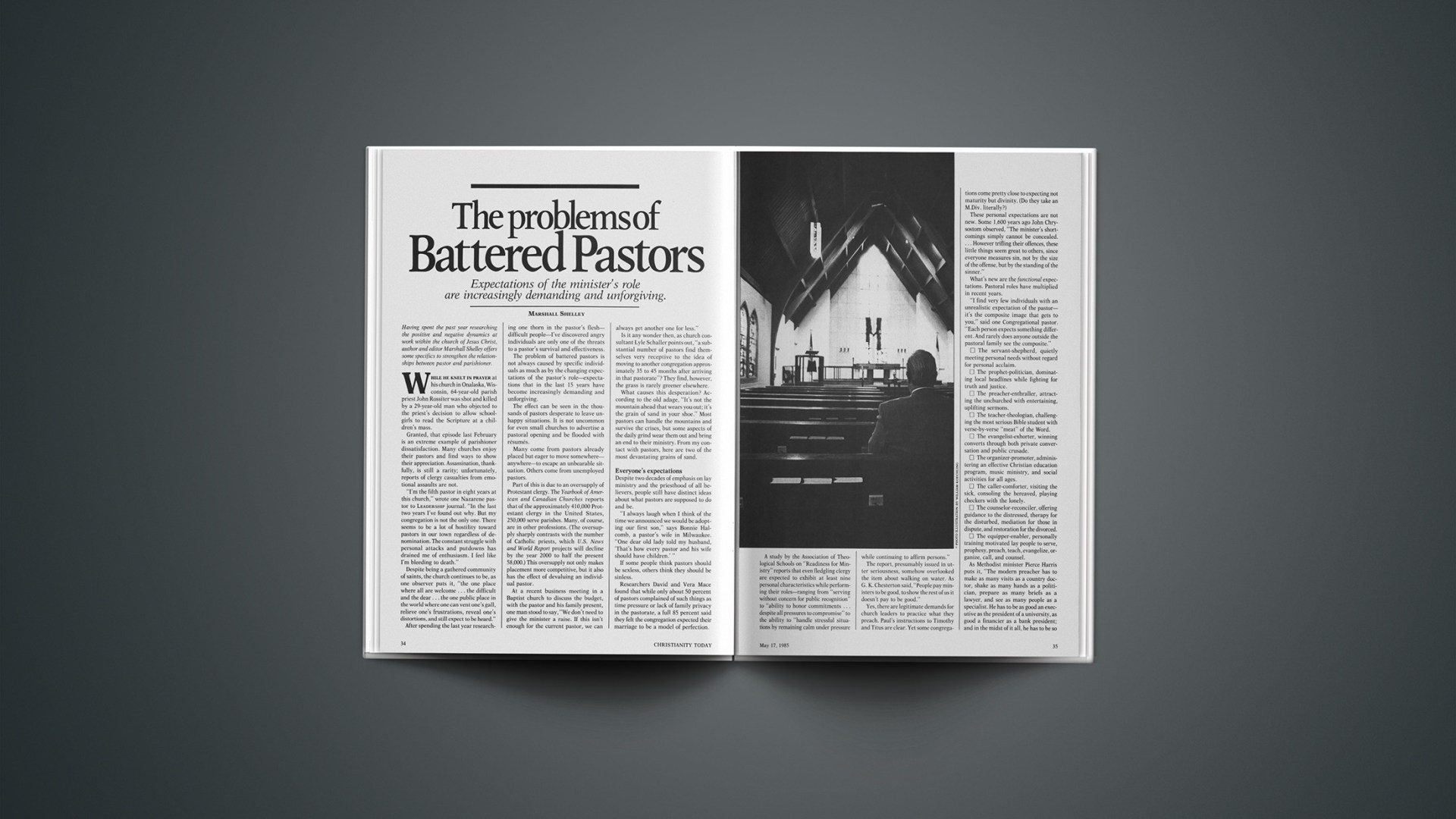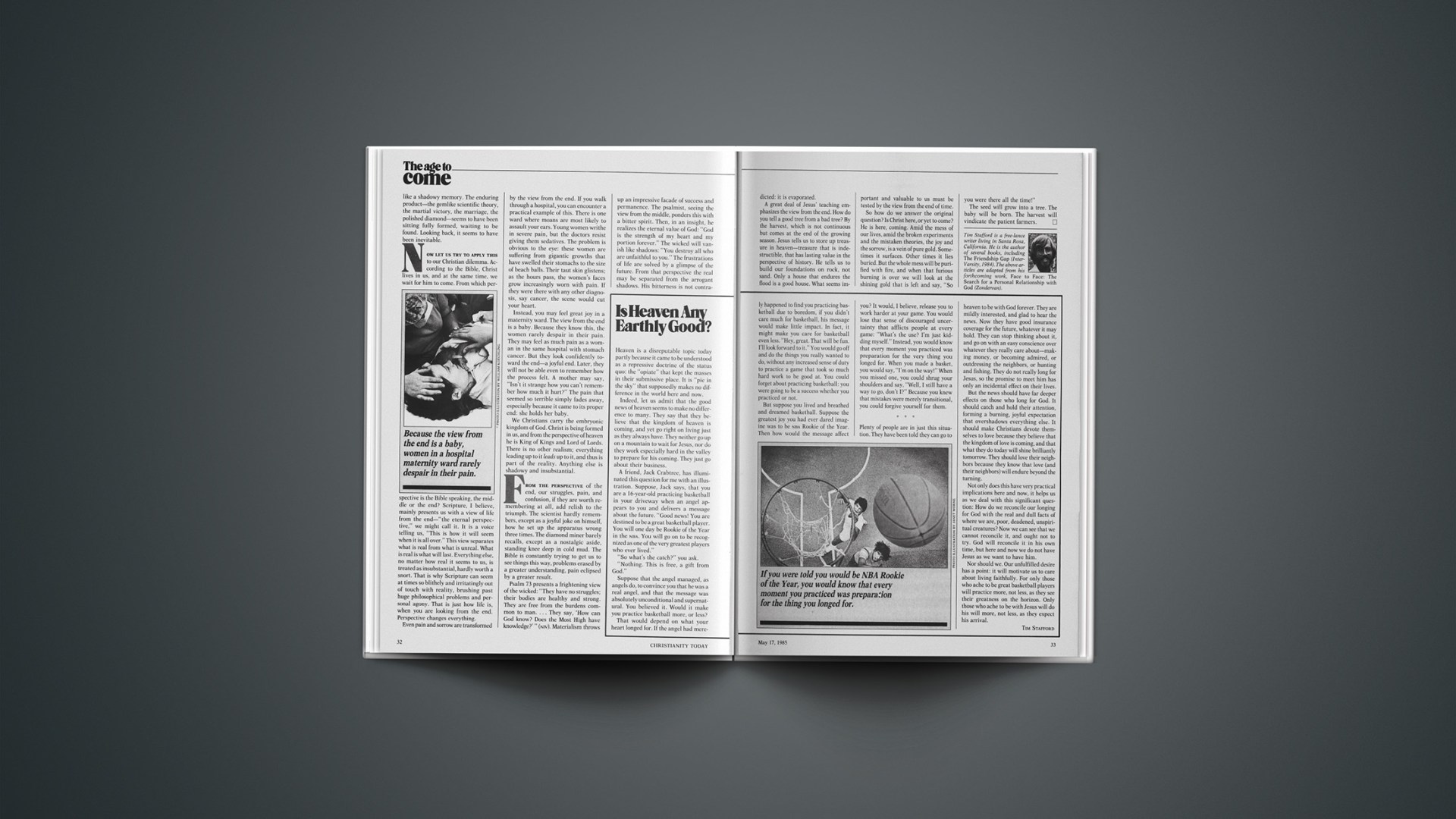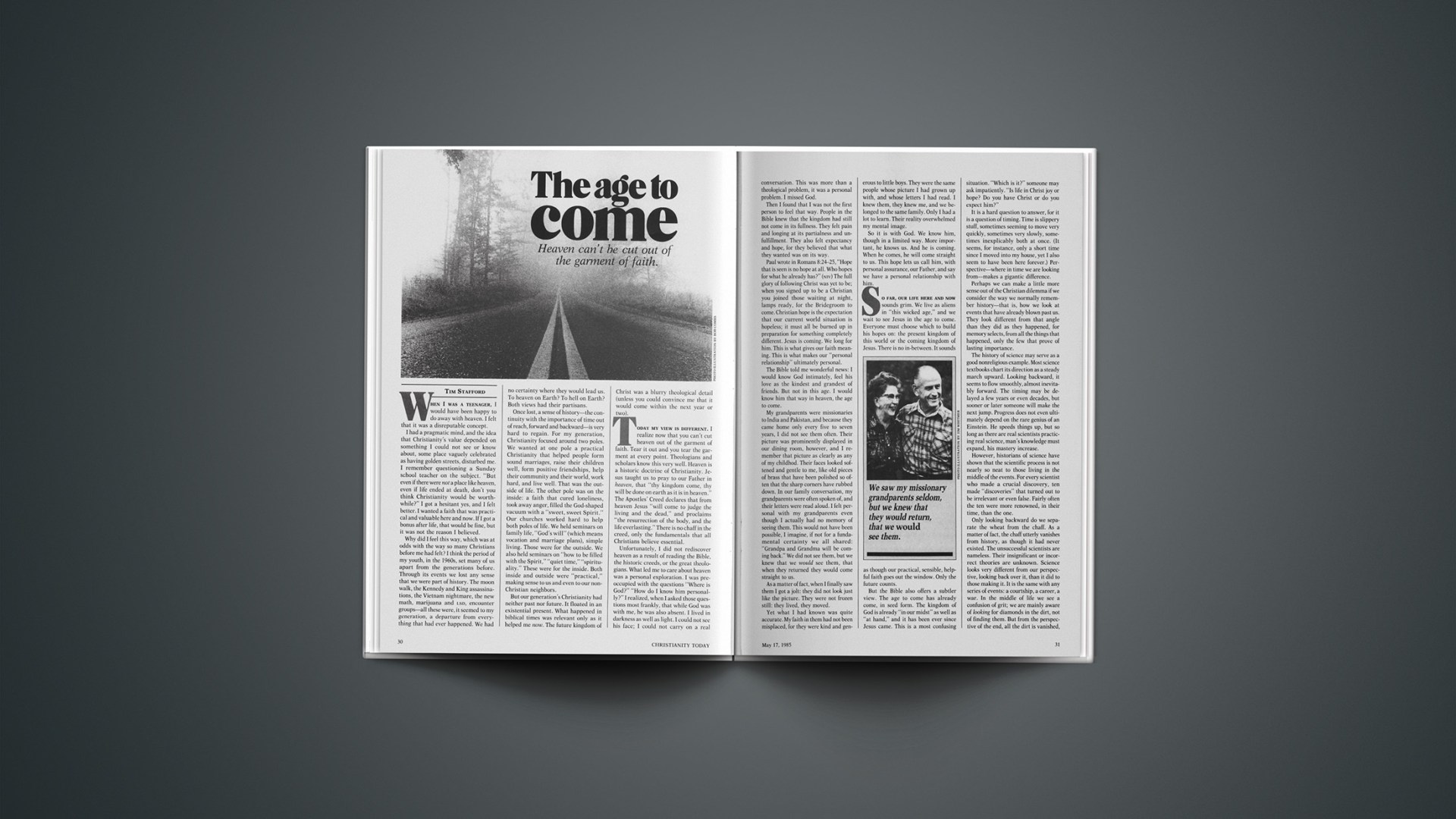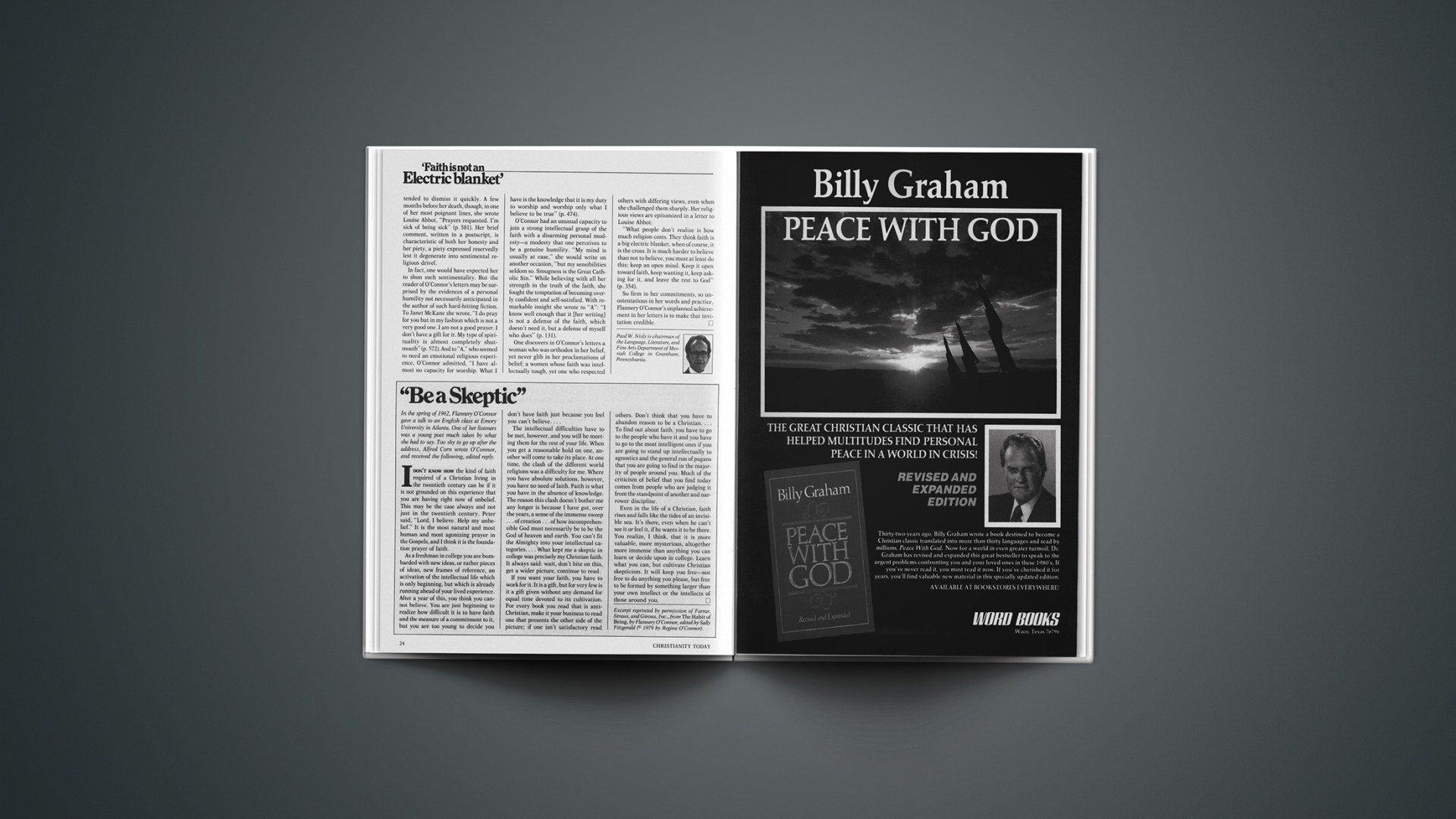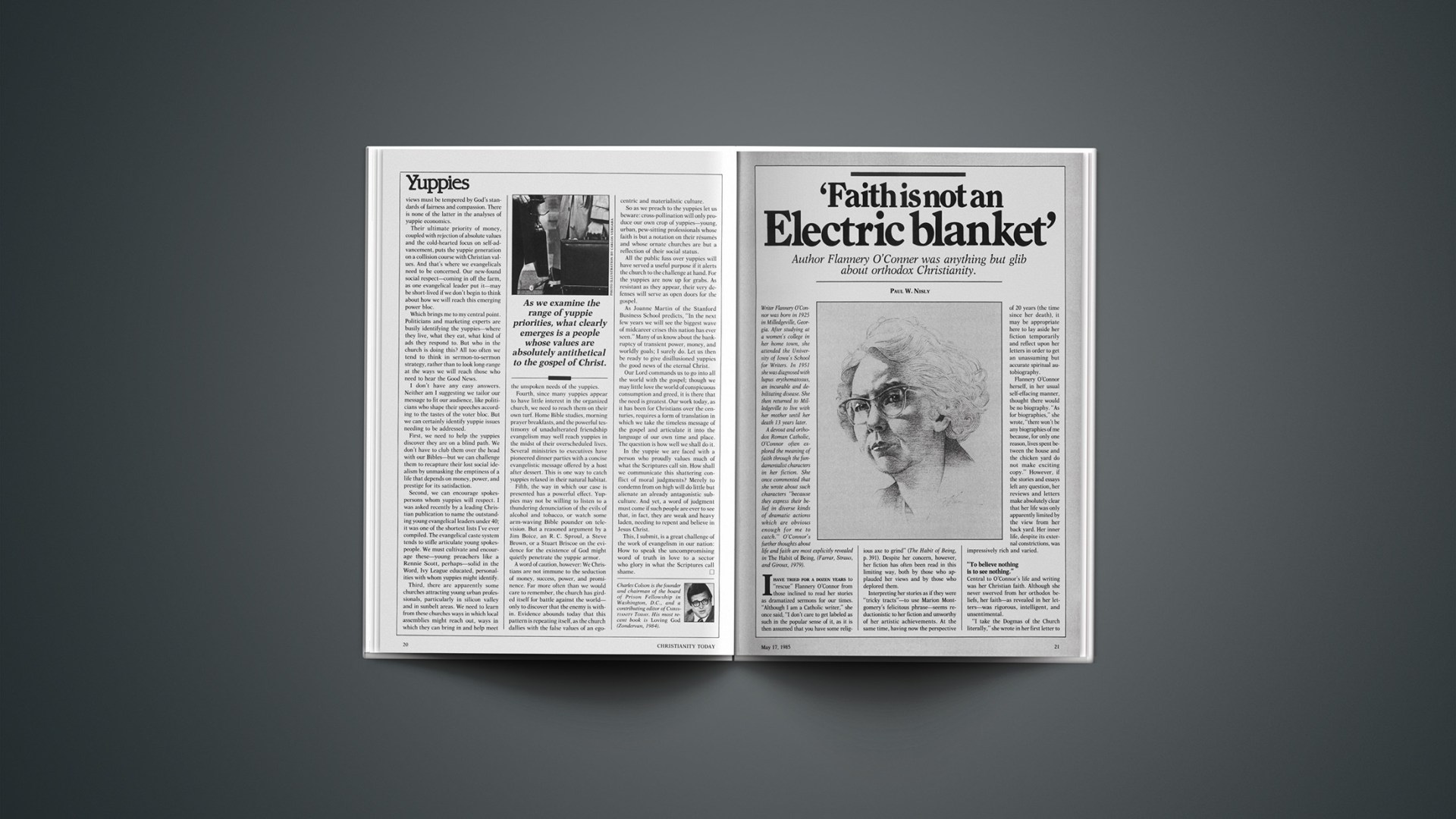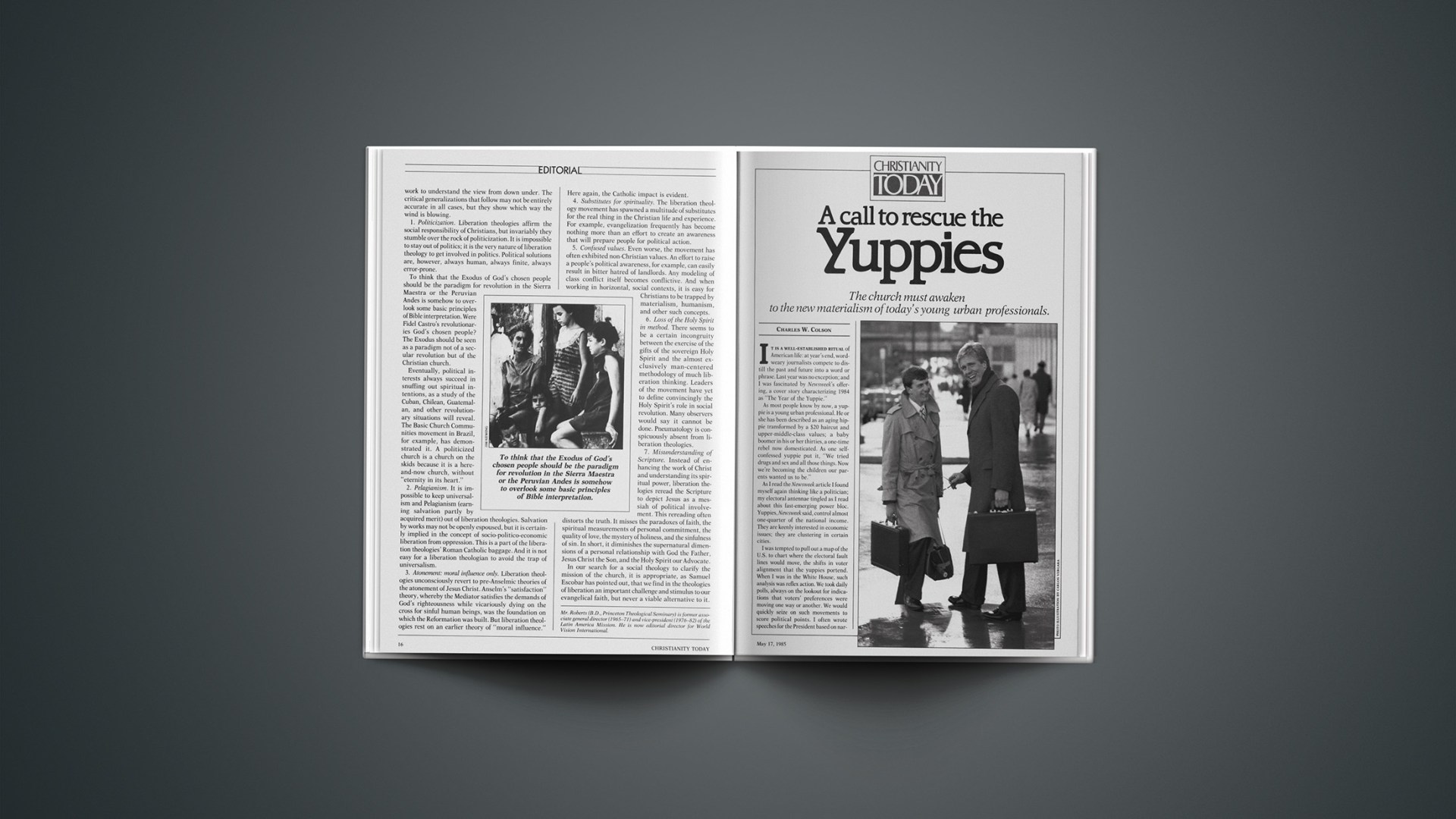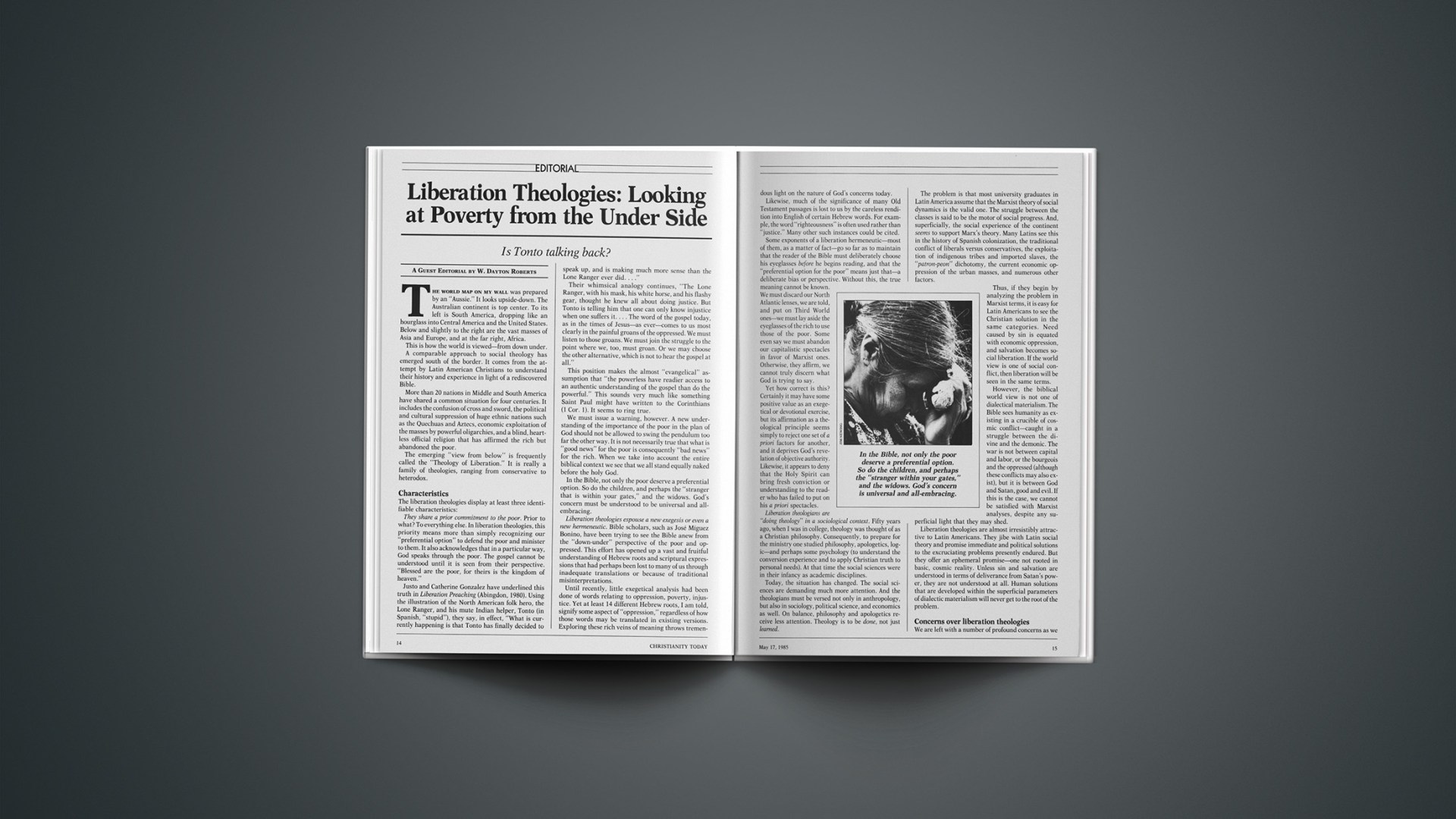A Washington, D.C., affiliate of Campus Crusade for Christ International has raised $100,000 to supplement the support payments of minority staff members.
Beginning this spring, four married Campus Crusade staff members will receive up to $2,000 per month from interest earned on the fund. Called the Special Ministries Assistance Fund, it is targeted to reach $1 million. Two unmarried staff workers will receive as much as $1,000 per month. The funding supplement will be based on the gap between support raised by the staff member and the money needed by the staff member each month.
Spencer Brand, Washington area director of Here’s Life, Campus Crusade’s ministry to adults, originated the Special Ministries Assistance Fund. He said minority people face “insurmountable financial barriers” when they begin to raise support money in their own communities.
“One black staff woman is 33 years old, has been raising support for 23 months, and has $300 a month to go,” he said. “There are very few white men and women who would have that kind of perseverance.” He said most middle-class whites who join the staff raise their support in about six months.
Recognizing a need for more minority workers in Christian ministry, Brand said Here’s Life intends to make grants available to people in other parachurch organizations such as Inter-Varsity Christian Fellowship and the Navigators as well as to Campus Crusade staff members. He said fewer than 3 percent of the staff members of major U.S. parachurch groups are black.
Funds raised to date have come from two events, including a cruise on the Potomac River aboard a former presidential yacht. “One hundred percent of the money given goes into the fund,” Brand said. “There is no overhead.”
The six staff members selected as the fund’s first recipients include two blacks, two Hispanics, and two Southeast Asians. Austin and Shirley Smith, serving as associate lay ministers in Washington, D.C., hope to begin full-time ministry in Chicago’s inner city. Carol Smith will continue to work in Washington’s Here’s Life program with the boost she receives from the fund.
Melvin and Isabella Acevedo work in Los Angeles’s Hispanic community, along with another designated fund recipient, Mario Galeano. Hy Huy Do and his wife, Rose, help some of the 100,000 Vietnamese refugees in Southern California start churches and adjust to living in a new culture. Vek Huong and Samoeun Taing, of Long Beach, California, are involved with Cambodian refugee relief, leadership training, and discipleship.
Minority staff members involved in full-time ministry can apply for grant money by assenting to a statement of faith, demonstrating financial need, and providing three recommendation letters and a written narrative of plans and goals for one year. Other requirements and information for donors are available from Here’s Life Washington, 3030 N. Fairfax Drive, Suite 314, Arlington, Virginia 22201.

